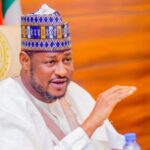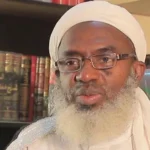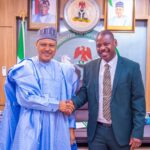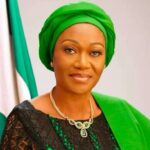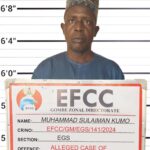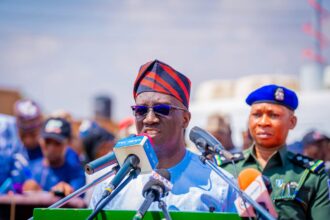
A former Chairman of National Institute for Policy and Strategic Studies (NIPSS), Retired Maj.-Gen. IBM Haruna, has said that Nigeria’s problem is not solely about the 1999 Constitution.
By Emmanuel Oloniruha
A former Chairman of National Institute for Policy and Strategic Studies (NIPSS), Retired Maj.-Gen. IBM Haruna, has said that Nigeria’s problem is not solely about the 1999 Constitution.
Haruna, who was also a member of the Constitutional Conference between 1988 and 1989, stated this in an interview with the News Agency of Nigeria (NAN) on Sunday in Abuja.
He said that the problems confronting the country were not necessarily created by the constitution ‘enacted or decreed in 1999’.
The retired military officer, who was a member of the 1994 National Constitutional Conference Commission, said while the constitution was not perfect, it, however, made provisions for addressing the current challenges.
Among the provisions, he said, was the principle of separation of powers among the three organs of government.
“The problems that face us fundamentally and constitutionally are just evolving,” he said.
Haruna cited the current Nigerian population which he put at over 200, with about 400 ethnic groups, among which are the dominant ones and the minorities.
According to him,`they are all seeking for their rightful place and constitutionally-stipulated roles within the Federal Republic.
“But through processes and growth as well as the progressive development of social, political and economic processes, we will make changes; therefore, the constitution is not static.
“However, certain fundamentals have been provided for it in the structure, the independence of the judiciary, the separation of powers and things like that.
“Each one has to play its role as conceived and provided for within the constitution and the laws of the federation,’’ he said.
Haruna, however, said that irrespective of the numerous challenges, Nigerians should prioritise what they want and how to go about it.
“We’ve decided on federalism; this is imperfect. We’ve decided on electoral bodies and the laws that govern them. The performance and implementation of the electoral law is also not perfect.
“We’ve equally decided on certain instrumentality of modern mechanisms or equipment for use during elections. It is all toward providing or making sure that elections are free, fair and dependable.




